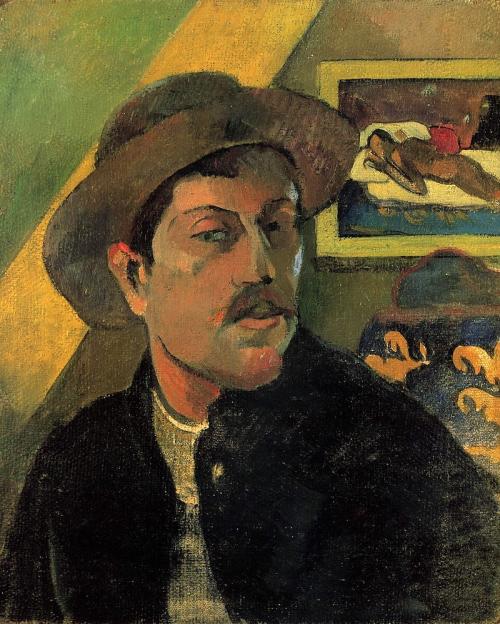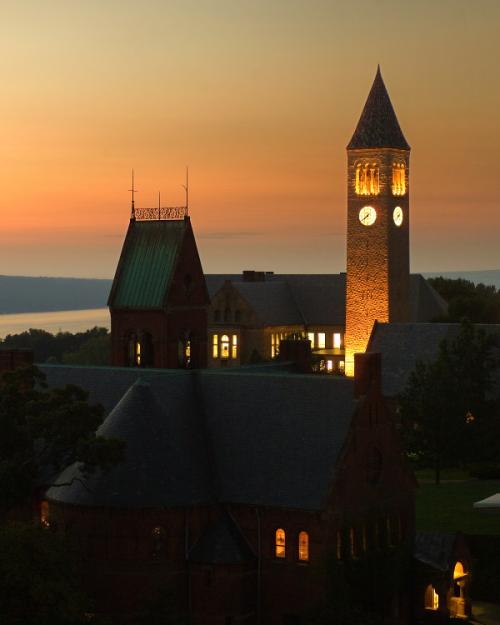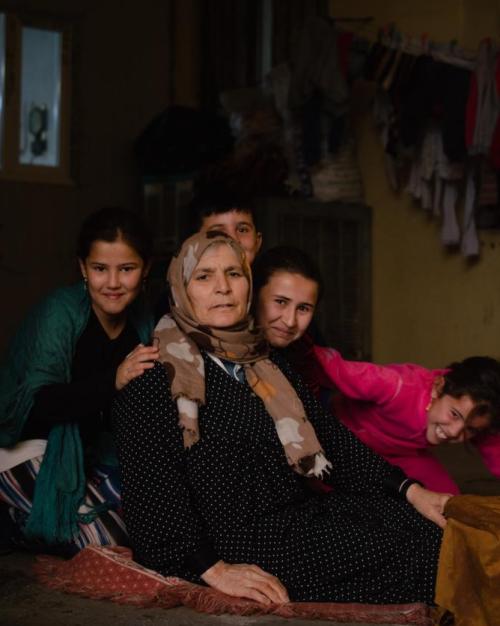In an op-ed in the Washington Post, Oumar Ba, assistant professor of government, writes that historical events such as wars and atrocities are treated as distant parts of Europe’s past – something that only happens today in the Global South.
“With Russia’s invasion of Ukraine, many in the news media covering reactions to Ukrainian refugees have made casually derogatory comments about non-European refugees,” Ba writes in the piece with co-authors Elif Kalaycioglu and Lina Benabdallah. “Many Western countries have responded to the invasion by recovering a shared identity as a political-military alliance guarding civilization. But the concept of Europe as the home of peaceful nations and societies requires willful amnesia about its imperial history.”
Read the story in the Washington Post.



